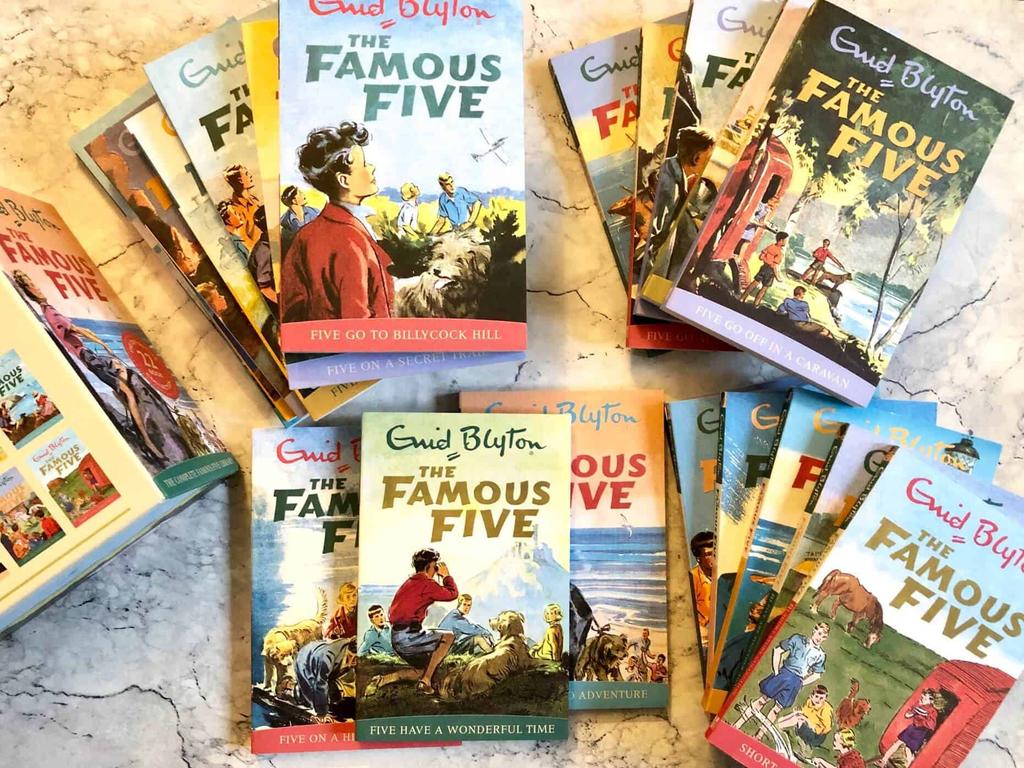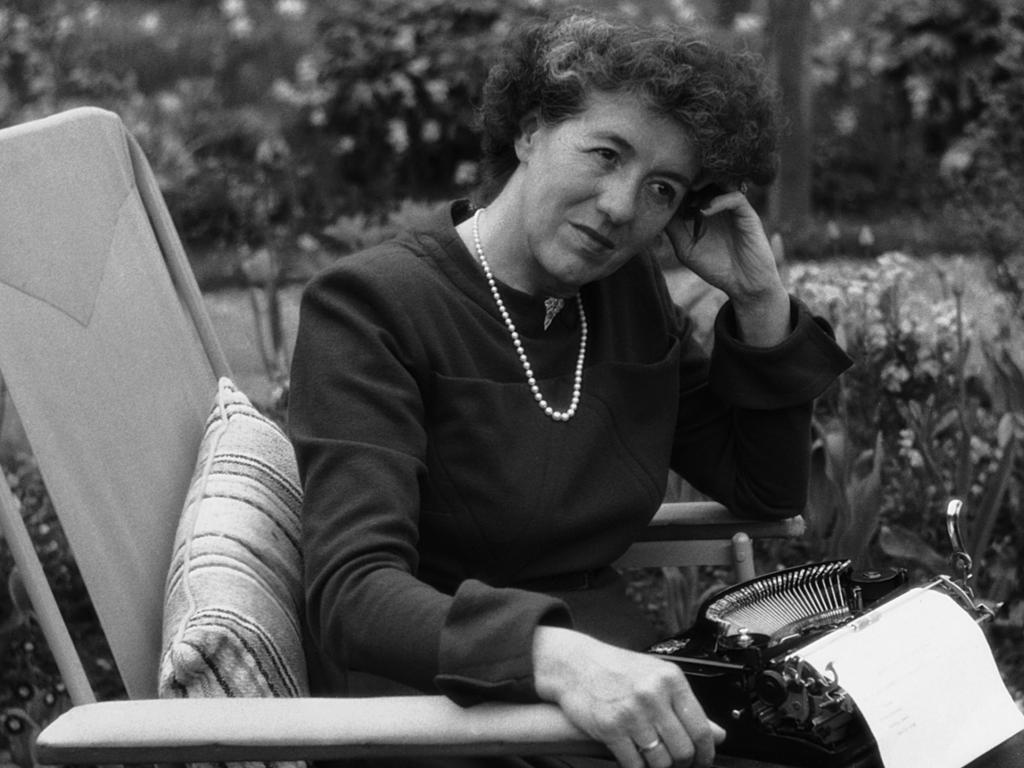Cultural censors claim they want diversity, but demand conformism

Let’s take the cultural consultants first. What light do we expect to break when they address themselves to Madama Butterfly as they did recently in the Handa Opera production on Sydney Harbour? For a start we had two Asian – in fact, South Korean – sopranos, Karah Son and Eva Kong, as Butterfly. Sensitivity was displayed to the point of exhibitionism.
Giacomo Puccini’s Madama Butterfly is one of the most popular operas and it pivots on the cruelty of Pinkerton, the American sailor who refuses to take Butterfly seriously as a wife. There is nothing cultural consultants may alert us to that is not blindingly clear in the opera. You may argue over director Ken Russell once ending a production with the mushroom cloud at Hiroshima, but you can see where he was coming from. And it’s a rather more ballsy gesture than picking the voices for one of the greatest roles in opera – a role the great Victoria de los Angeles sang – than selecting the voices on the basis of where they hail from and what their faces look like.

This kind of thing is pretty obvious. If I found myself in a woke nightmare having to consult culturally on Othello, I might point out the contemporary portrait of a black-skinned Moor and emphasise that none of the Venetians seemed to doubt the appropriateness of Othello being made governor in Cyprus or the power of his charm with which he wooed Desdemona. But there are also references to him as a “thick lips” and to him as her “filthy bargain”.
So there is an underlay of potential racism within a context of tolerance. When the great African-American actor-singer Paul Robeson was told that someone declared the play was not about racism, he said, “Let him play it in Memphis.” When in 1944 Robeson kissed his Desdemona, Uta Hagen, southern audiences rioted.
It’s also worth pointing out that it’s fortunate that in most texts of the play Othello speaks of “the base Indian who threw a pearl away richer than all his tribe”. Nobody wants the alternative reading, “base Judaean”.
And what are we to make of that bewildering enigma of a play, The Merchant of Venice? A cultural consultant would want to ensure there was nothing in the play that could offend a Jewish person. Does that mean Shylock has to be played by a Jewish actor? But then how does this tally with a portrait that can be conceived of as anti-Semitic? A friend tells me of the power of seeing Dustin Hoffman play the role in a 1989 production looking tiny and sounding Bronx-accented while being surrounded by Brideshead Revisited sounding British actors, and how the effect was very moving.

Laurence Olivier played the role in the voice of a working-class man pretending to be upper class. It was a performance of extraordinary authority and it ends powerfully with Shylock’s daughter, Jessica, alone on stage listening to the music of the Kaddish, the traditional Hebraic lament for the dead. The Merchant of Venice is in fact a problem play with tragic elements such as Shylock’s extraordinary speech, “Hath not a Jew eyes?”. Cultural consultants and dramaturges can be seen, uncharitably, as a bit like human resources: the devil makes work for idle hands. But there’s a cultural consultant inside all of us. No one is willing to countenance a non-black actor playing Othello anymore even though James Earl Jones – the most highly regarded African-American Moor since Robeson – lists Olivier’s performance as one of the greatest ones. Why is a white Othello no longer tolerable? Because there are just so many black British actors around – Chiwetel Ejiofor won an Olivier for his characterisation.
Of course we’re headed in a bad direction if we imagine every Butterfly has to be Japanese. Around the time of his 1965 Othello, Olivier played the Mahdi in the epic Khartoum and that would be completely unacceptable casting now – never mind the fire and power Larry gave the Sudanese leader.
The case of epic film Lawrence of Arabia would be radically unsound. You might just get by with a Lawrence who was not masochistic and gay (but don’t bet on it), but how appalling to think that Anthony Quinn was allowed to play an Arab. (Of course, it went both ways. Omar Sharif, who was an Egyptian, was allowed to play the title role in David Lean’s next film, Doctor Zhivago.)
At this moment cultural consultants reflect the lust for diversity and conformism that characterises a timid age given to cant and at best represents a programmatic attempt to systematise what we’re inclined to do anyway.
The sensitivity readers are a bit different. In the immediate wake of the assault on Roald Dahl I read a short story by him – The Great Switcheroo – about wife-swapping (of all unlovely subjects) and it had such a flawless tread, was so brilliant and funny in its pacing, that you felt offended at the idea of anyone tampering with a word of his.
Ian Fleming is not in the same category. I’m all for leaving everyone alone, but Fleming was an elegant hack: Pussy Galore and all those other male daydreams are vivid contributions to a franchise that long ago outgrew its literary expression. So let’s not pretend that those crotch-teasing page-turners are the King James Bible. And nobody wants Agatha Christie’s Ten Little Whatevers to have its original title.
At the highest level of literary endeavour we have art that should never be tampered with. Is it a pity that in Kipling’s Kim its young, apparently Indian boy, with his love of his lama and his devotion to his Muslim brigand, should gradually give way to his decision to play the Great Game as a spy for the Raj? Maybe it is a bit, but Kim is an extraordinary masterpiece you would touch at your peril. Edward Said would turn in his grave.
But when we depart from literature we’re in the area of entertainment, trash to the other’s treasure. And trash, for the reason that it’s easy to take fun, will channel the conventional pieties of its day: sluts of young girls, sinister Jews, half-caste “Aborigines”. The fact the goal is not truth means there is no divinity to this fiction. Somewhere down the track, if someone were to edit JK Rowling, they might actually improve her.

But it’s understandable that she should be bewildered about the trans issue. All her initial statements about it were patient and painstaking, but she simply can’t win. The trans issue has become doctrinal as homosexuality did for the baby boomers. Even Barry Humphries couldn’t win. The Melbourne International Comedy Festival should’ve told the objectors to hang. But it’s still the festival that attracts a comedian of Rob Brydon’s stature and he made a point of saying goodbye to Barry.
Peter Craven is a cultural critic.







What a world we’re living in, with our cultural consultants and sensitivity readers dictating how the art and entertainment of yesterday needs to be moderated or rewritten for a woke world that knows what’s what. Of course, we have to be careful here because no one wants a world that’s potentially snoring its way to perdition.